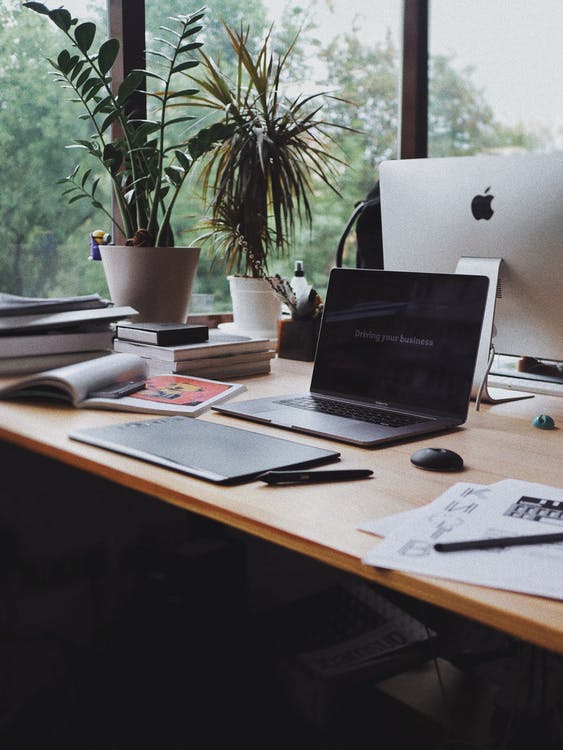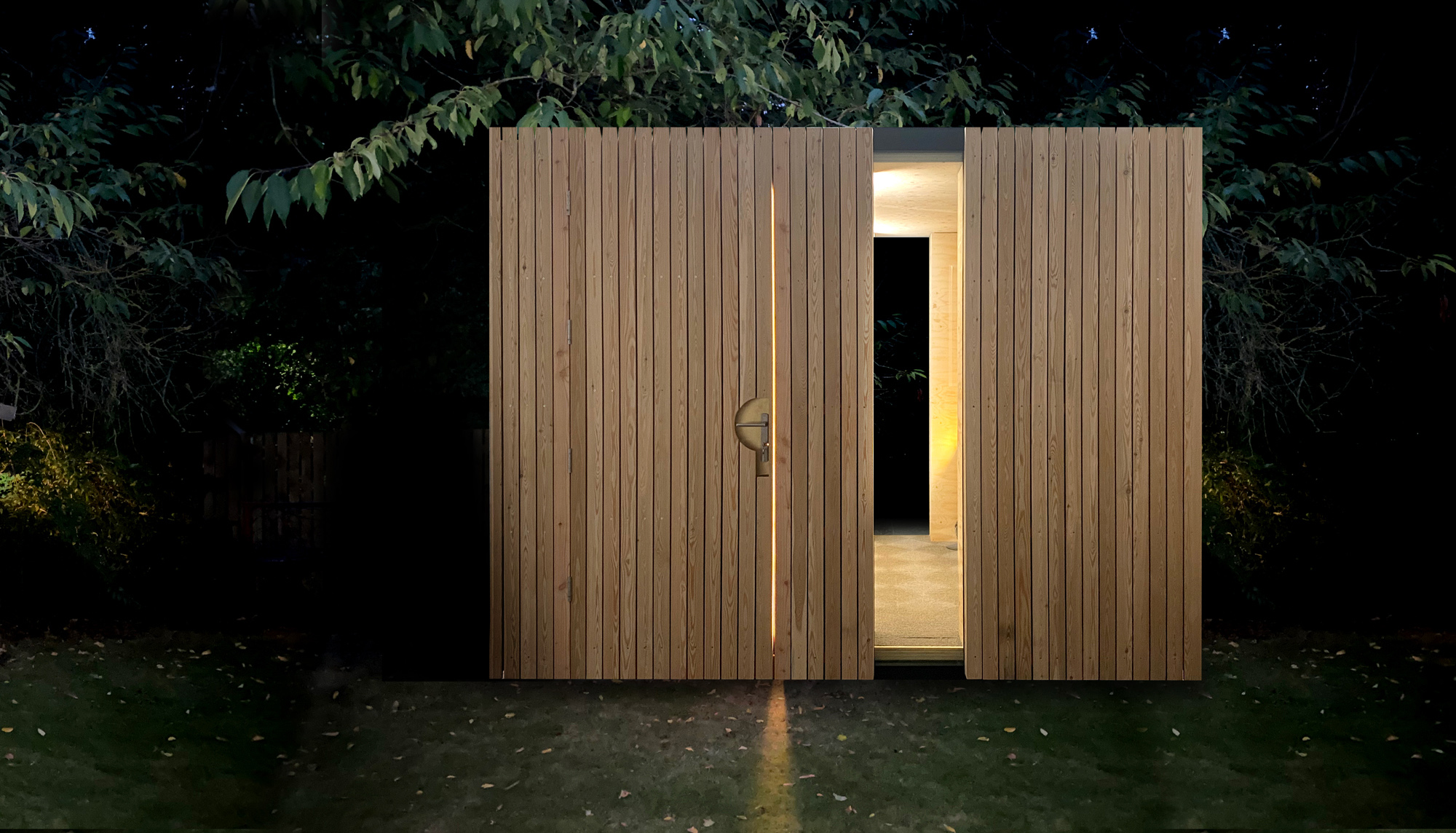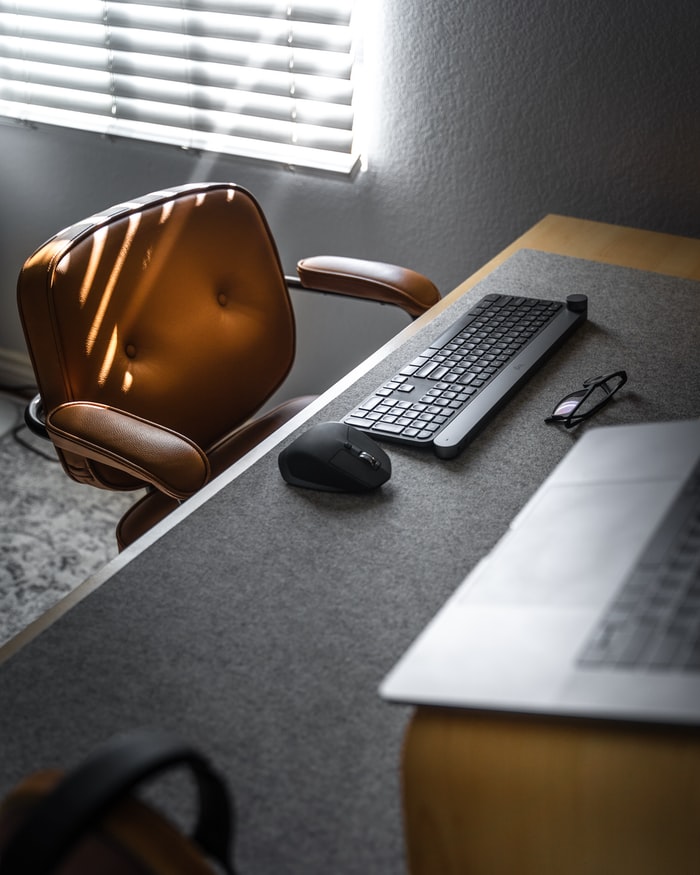The Dilemma
The office has always been the conventional place of work, especially for employees in big corporations. But are they the ideal spaces for working creatively, productively and happily?
When the coronavirus hit the UK in March 2020, the forced closure of office spaces sent most of us home to work from bedrooms, living rooms and kitchen tables. The gradual 'return to the office' has seen the rise of hybrid working, with employees working part of the week from a central office and part of the week from home.
The move to working from home was imposed on us all very suddenly and created new challenges. This included the work of managers in running teams remotely and for all individuals to find new patterns of work that supported their well-being.
Much of the media coverage of the impact of home-working has been polarised, with working from home being characterised as either a 'good' or a 'bad' thing. The reality is far richer than this but trends in the impact of home-working can now be seen.
The Office
Because offices are so often seen as necessary to run a good team of workers, you might expect productivity to decrease when everyone is forced to work remotely. This appears not to be the case for many home-workers, however, with reported increases in productivity, happiness and welfare.
The nature of the office space can encourage collaboration on creative projects and create pools of knowledge important to business growth and success. In an open-plan office, for example, you’re constantly surrounded by colleagues creating an environment where you can bounce ideas and learn from one another. The downside of this is the difficulty in being able to focus on tasks without distractions, which makes it harder to produce more significant work.

The Home
The office situation all reversed when the coronavirus outbreak meant meeting others became virtually impossible (or only possible virtually!) and remote working became not only the norm but the preference for many workers.
Remote workers have reported that they prefer the home environment as they face less distractions and interruptions and have more control to create their perfect work environment and their workflow. By studying over 5100 workspaces in 102 countries around the world, Leesman [1] found an increased level of creative thinking in those who worked from home. Remote working also allows for flexibility in working hours so you can work when you feel most productive, which differs from person to person.
Across their data, though, Leesman found that the remote working experience depended not just on being away from the office but on the home working environment. People with dedicated space in a dedicated room reported a better home-working experience than those with a dedicated workspace but not in a dedicated room and these, in turn, a better experience than those with no dedicated workspace. Think in terms of the dedicated home office being more effective than a permanent desk in the corner of a room, which is better than the temporary but daily use of a kitchen table.
What's more, workers with dedicated work space, and particularly those with a dedicated room, reported a better working experience than when they were in the office.

The Choice for a Better Balance
Actually, there are several choices!
First, it is clear that the simple choice between always working in the office and always working remotely is usually a false dichotomy. For most roles in which home-working is an option, a hybrid model of partial home and partial office working is an enticing option. More employers and workers are embracing this approach, most often with two or three days per week at home.

Employers and workers engaging in hybrid working need to choose an appropriate balance. Personal factors might be significant but the nature of the job role must be understood. Again, Leesman's analysis makes clear that focussed work benefits most from a home working environment in order to be free from distraction.
The office is a notoriously noisy and distracting space and the average employee can end up spending ‘28% of time dealing with unnecessary interruptions followed by recovery time’ [2] and 50% of workers report being affected by distractions [3]. Of course, working from home does not eliminate these kinds of disruptions completely but it becomes easier to focus on tasks and ignore potential interruptions!
Having decided to work partly or fully at home, workers (and their employers!) will benefit from ensuring that the home-working environment supports good working. This is not a given but is the result of a clear decision.
The home workspace must be a recognised workspace and offer a good working environment. This includes minimising clutter, reducing noise levels and having levels of thermal comfort and air quality. The environment is key to nurturing the development of new ideas and to achieve deep focus. The greater separation that can be created between the home-working space and other home activities the better too.
‘28% of time dealing with unnecessary interruptions followed by recovery time’ [2].
Perhaps the office was never the right way forward to have happy, creative, and productive employees?
The Future?
So, what have we learnt from the COVID-19 about the way we work best?
There has been a lot of discussion on home or office as the best place of work. There are still many things that people miss when working remotely, like socialising with colleagues, generating new, creative ideas with others and having random but consequential meetings. Equally, many seem to love the remote working environment and being able to have more flexibility, not forgetting the environmental significances of this shift.
COVID-19 has shown us that we don’t need to be in the office all the time - we can still be productive, creative, happy and healthy in the home workspace.
Maybe there is no need for office work as we know it - we can instead transition to creating great spaces to work in from home, as well as efficient, creative and sociable centres for employees to go to when they need to check in with their colleagues and meet others for collaboration and creation.
The choices continue!
© Copyright Ilex Live Ltd 2021
